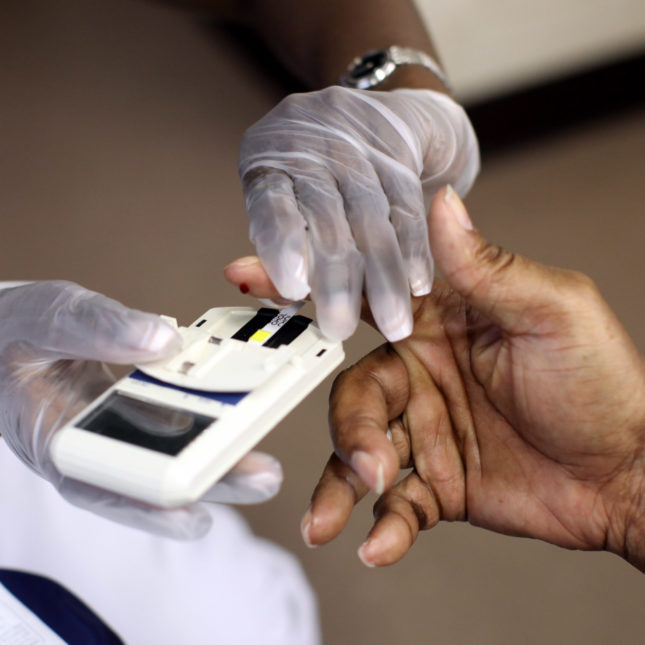Orally, Phosphatidylcholine has a much less beneficial effect than intravenously.

Phosphatidylcholine (lipoplaq) is a complete lecithin concentrate, but is much stronger and longer-lasting than lecithin. It helps to break down fat, and in cooperation with essential fatty acids, enzymes, vitamin E and magnesium orotate, has a very beneficial effect on circulatory disorders and therefore counteracts atherosclerosis. (1) It has also shown good properties in combating neurological problems, memory loss and depression. (1,2) However, manic-depressive patients should use it with caution. The beneficial effects of phosphatidylcholine on Alzheimer's disease (1) and Parkinson's disease (3) rely mainly on the fact that it is converted into acetylcholine in the body. Acetylcholine is one of the substances, which take care of the transmission of nerve impulses between brain cells (neurotransmitter function). Among other things, memory function is favorably influenced by this. Phosphatidylcholine has an emulsifying and fat-degrading effect. It can dissolve LDL deposits on the vessel walls a.k.a., especially in combination with vitamin E and essential fatty acids. (1,4) Furthermore, it dissolves gallstones and fights liver cirrhosis. (1) It also has another beneficial effect on the skin (fights pigment spots, eczema, psoriasis).
(1) http://liponow.com/wp-content/themes/twentyeleven/pdf/ppc-the-miracle.pdf
(2) http://www.ncbi.nlm.nih.gov/pubmed/9377589
(3) http://drmatea.com/services/iv-therapy/phosphatidyl-choline-iv/

